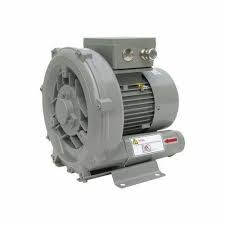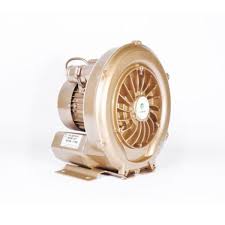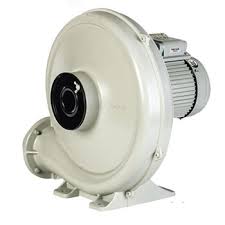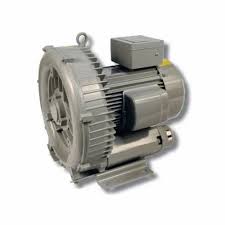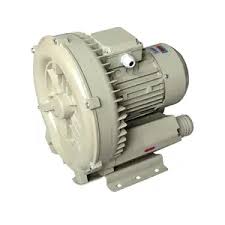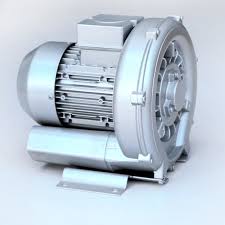Are leaf blowers dangerous?
Yes, leaf blowers can be dangerous due to various factors. They pose risks to both the operator and bystanders through noise pollution, air pollution, and potential for injury. Gas-powered leaf blowers are a significant source of air pollution, emitting harmful substances like hydrocarbons, nitrogen oxides, carbon monoxide, and particulate matter. The noise they produce can also cause hearing damage, stress, and other health problems.
Here’s a more detailed breakdown:
Health Hazards:
- Air Pollution:Gas-powered leaf blowers release pollutants like carbon monoxide, nitrogen oxides, and particulate matter, which can exacerbate respiratory issues, cardiovascular problems, and even contribute to premature death.
- Noise Pollution:The high decibel levels produced by leaf blowers can cause hearing loss, stress, high blood pressure, and sleep disruption, especially with prolonged exposure.
- Dust and Allergens:Leaf blowers stir up dust, pollen, mold, and other allergens, potentially triggering allergies and respiratory problems.
- Injuries:Operators can suffer from falls, cuts, or other injuries, especially if they are not using the equipment safely or are operating on unstable surfaces.
Environmental Concerns:
- Insect Decline:Leaf blowers can harm beneficial insects like pollinators by disrupting their habitats and potentially harming their populations.
- Habitat Destruction:In some cases, leaf blowers can disturb the soil and contribute to the degradation of ecological habitats.
Alternatives:
- Rakes: A simple, quiet, and environmentally friendly alternative for clearing leaves.
- Electric Leaf Blowers: Offer a quieter and less polluting option compared to gas-powered models.
- Broom and Dustpan: Another simple and effective way to clean walkways and small areas.
Which is better blower or fan?
When should you use a leaf blower?
What is a powerful leaf blower?


